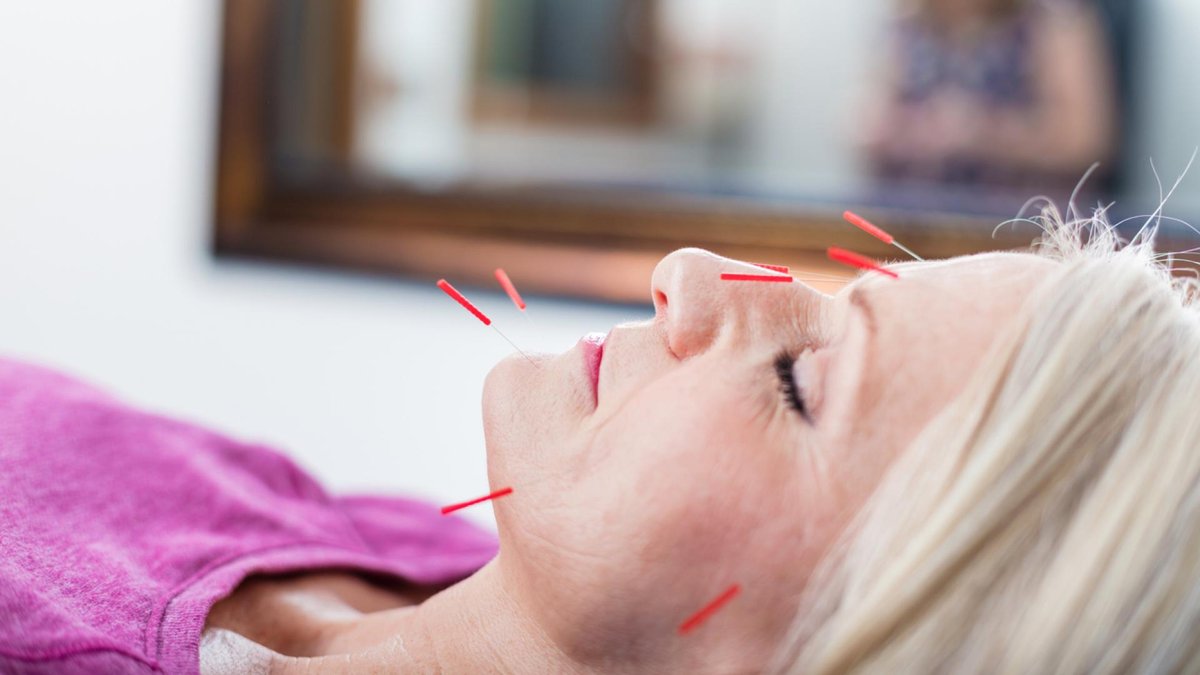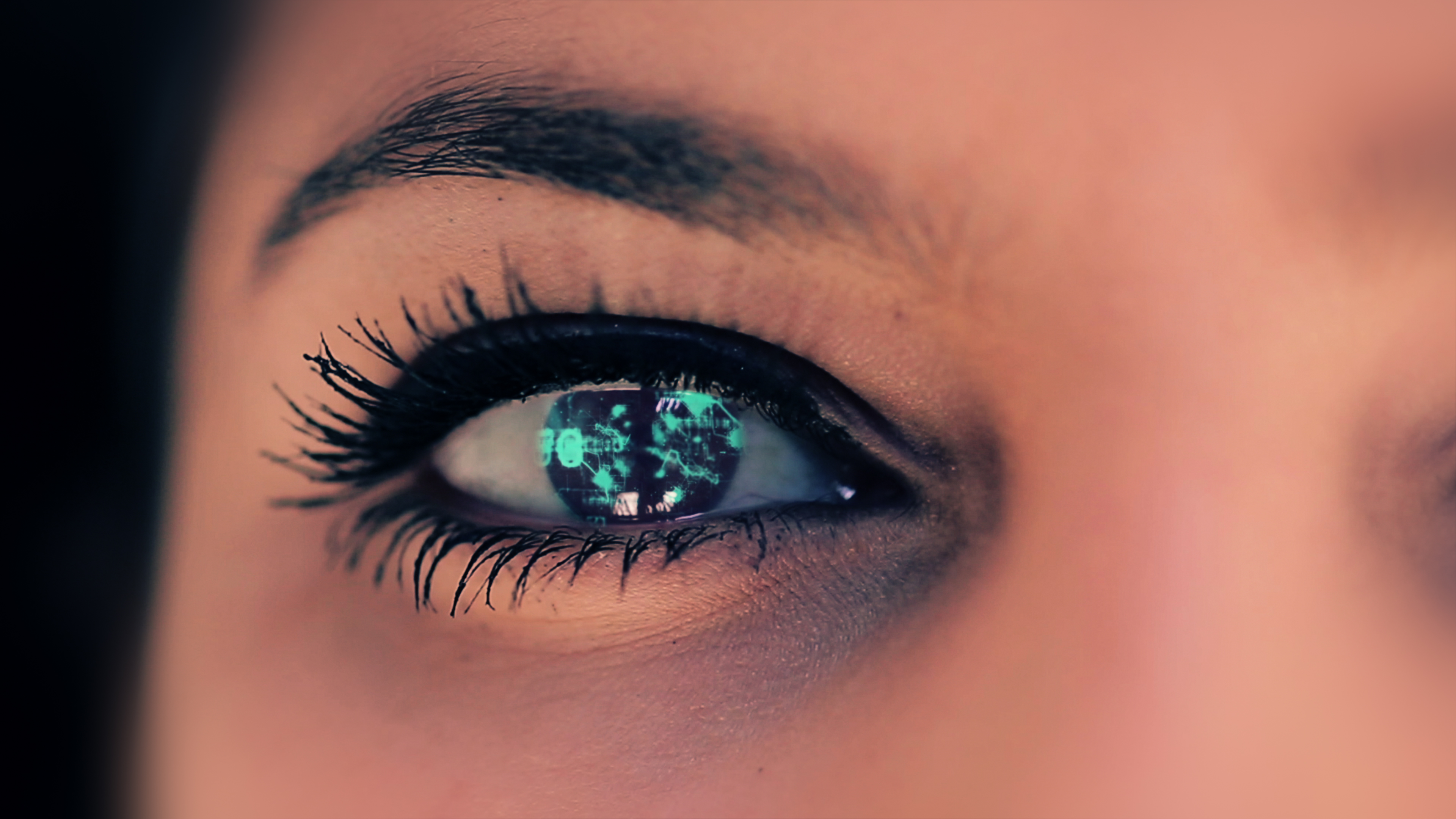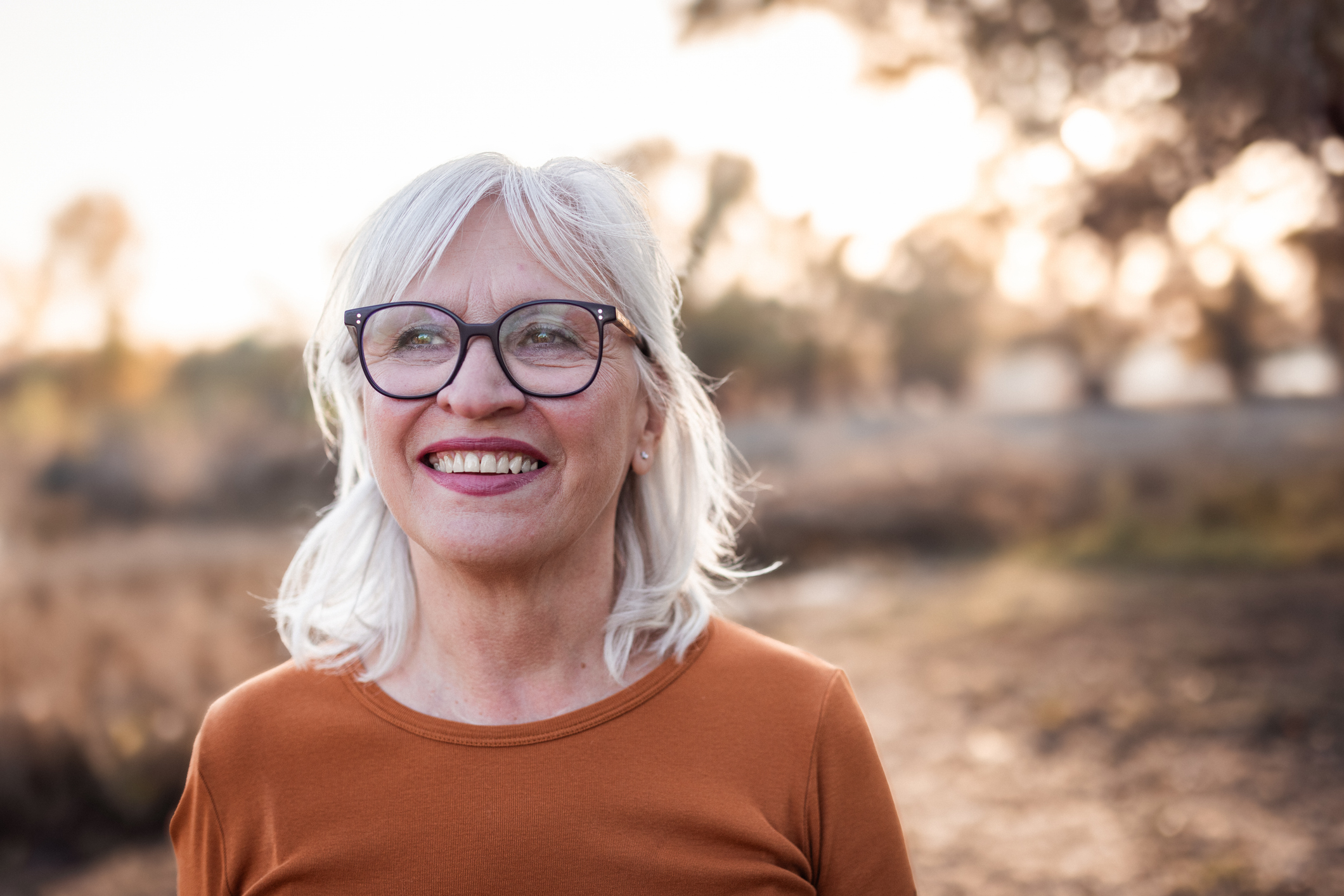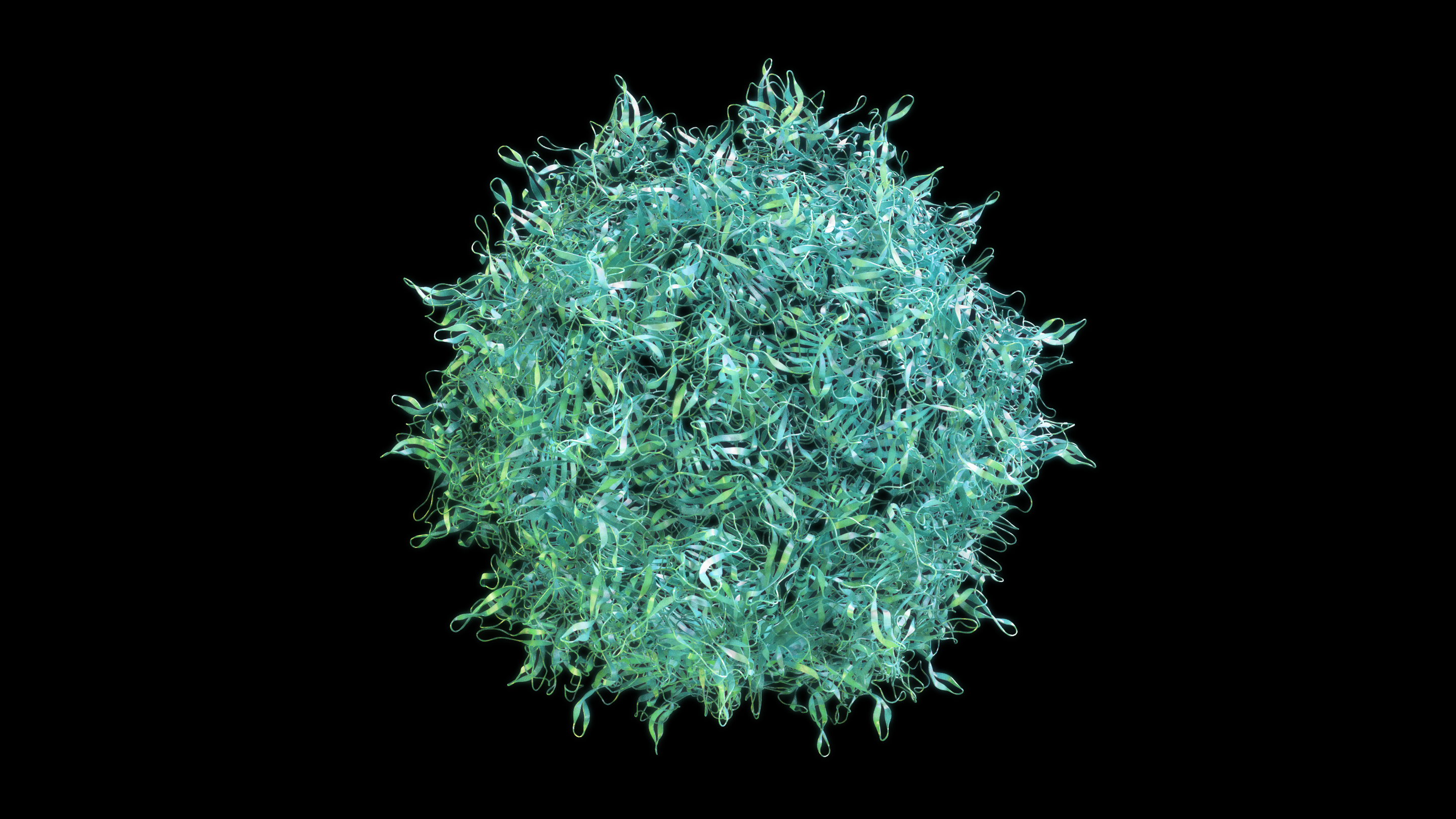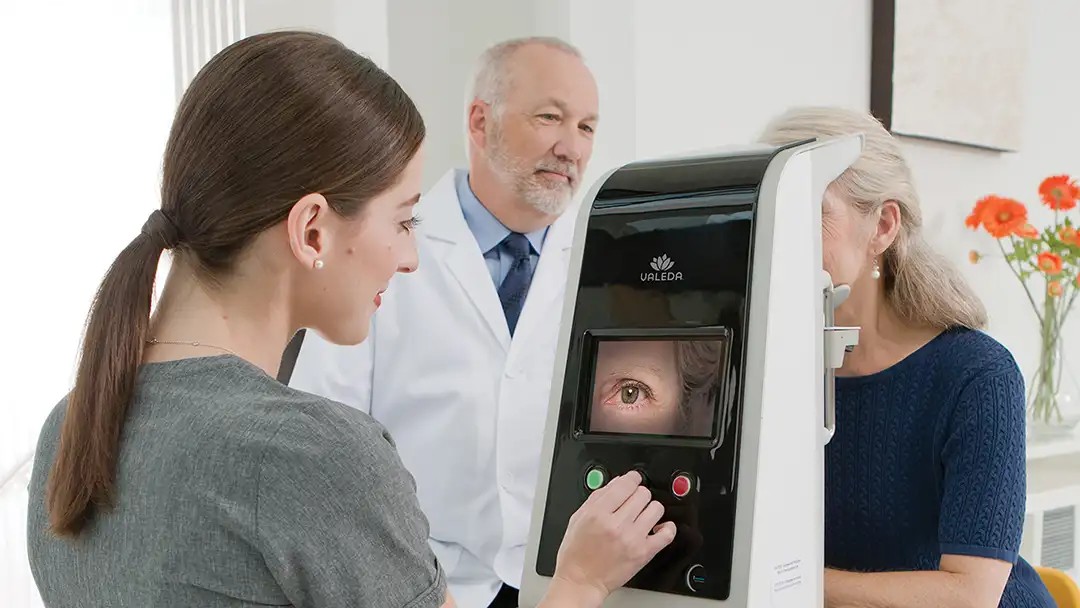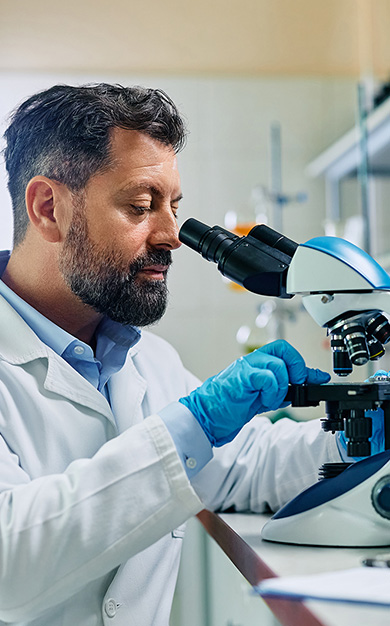Some patients with age-related macular degeneration (AMD) look to alternative medicine for their progressing eye disease. While there is strong evidence that certain vitamins and diets can reduce your risk of vision disease, other alternative treatments, holistic medicine, or homeopathic approaches — including rheopheresis, microcurrent stimulation, and acupuncture — are unproven at present.
Forms of Alternative Medicine
Rheopheresis
Rheopheresis is similar to kidney dialysis. The patient’s blood is removed from a vein in one arm, filtered, and returned to another vein in the other arm.. The goal is to remove substances that may contribute to AMD, including lipids and inflammatory proteins. While rheopheresis can remove these substances temporarily, clinical trials have not determined whether it’s an effective treatment for AMD. One trial in the United States was initiated, but discontinued due to lack of funding.
Acupuncture
Acupuncture, part of traditional Chinese medicine, involves placing needles in specific locations in an attempt to achieve biological effects. While acupuncture is performed by some practitioners for AMD, in part with the goal of increasing blood flow to the retina, it is unclear whether this approach is effective.
Microcurrent Stimulation
Microcurrent stimulation, a mild electrical current, can be applied to the area around the eyes. This approach has been used in other medical specialties to promote healing. The goal is to remove waste products from the retina. It is unclear whether microcurrent stimulation accomplishes this goal or improves vision or prognosis for AMD patients.
Effective Prevention Strategies
Since rheopheresis, acupuncture, and microcurrent stimulation are of unproven benefit, it seems prudent to put efforts instead into AREDS2 vitamins and a healthy diet rich in fruit and veggies, with fatty fish twice a week, while avoiding red meat and highly processed snack foods containing simple sugars.
Vitamins can help certain patients with age-related macular degeneration (AMD) decrease their risk of losing central vision, but it’s important to find the right ones, since many supplements are marketed for eye health.
The Age Related Eye Disease Study 2 (AREDS2), sponsored by the National Institutes of Health, showed that supplementation with certain micronutrients reduces progression from high-risk early to late AMD by 25 percent. This formula contains lutein 10 milligrams (mg), zeaxanthin 2mg, vitamin C 500mg, vitamin E 400IU (International Units), zinc oxide 80mg or 25mg (these two doses worked equally well) and cupric oxide [copper] 2mg.
The AREDS1 formula (from an earlier study) contains beta carotene instead of lutein and zeaxanthin, but beta carotene can cause lung cancer in smokers and perhaps former smokers, so it has been replaced by lutein and zeaxanthin. If recommend by your ophthalmologist, be sure to purchase those that say “AREDS2 formula.”
Large epidemiological studies have shown that certain diets are protective, reducing one’s risk of AMD. Specifically, leafy greens (kale, spinach, collard greens), fruits, and fatty fish (wild salmon, tuna, sardines, mackerel) are protective.
Smoking significantly increases risk, and all efforts should be made to stop.
Evidence also indicates that maintaining ideal body weight and exercise are protective for the eyes in addition to the rest of the body.
The Search for a Cure
Learn how BrightFocus Foundation is funding cutting-edge research to find new cures and treatments for macular degeneration.
About BrightFocus Foundation
BrightFocus Foundation is a premier global nonprofit funder of research to defeat Alzheimer’s, macular degeneration, and glaucoma. Since its inception more than 50 years ago, BrightFocus and its flagship research programs—Alzheimer’s Disease Research, Macular Degeneration Research, and National Glaucoma Research—has awarded more than $300 million in research grants to scientists around the world, catalyzing thousands of scientific breakthroughs, life-enhancing treatments, and diagnostic tools. We also share the latest research findings, expert information, and resources to empower the millions impacted by these devastating diseases. Learn more at brightfocus.org.
Disclaimer: The information provided here is a public service of BrightFocus Foundation and is not intended to constitute medical advice. Please consult your physician for personalized medical, dietary, and/or exercise advice. Any medications or supplements should only be taken under medical supervision. BrightFocus Foundation does not endorse any medical products or therapies.
- Eye Health
- Treatments



